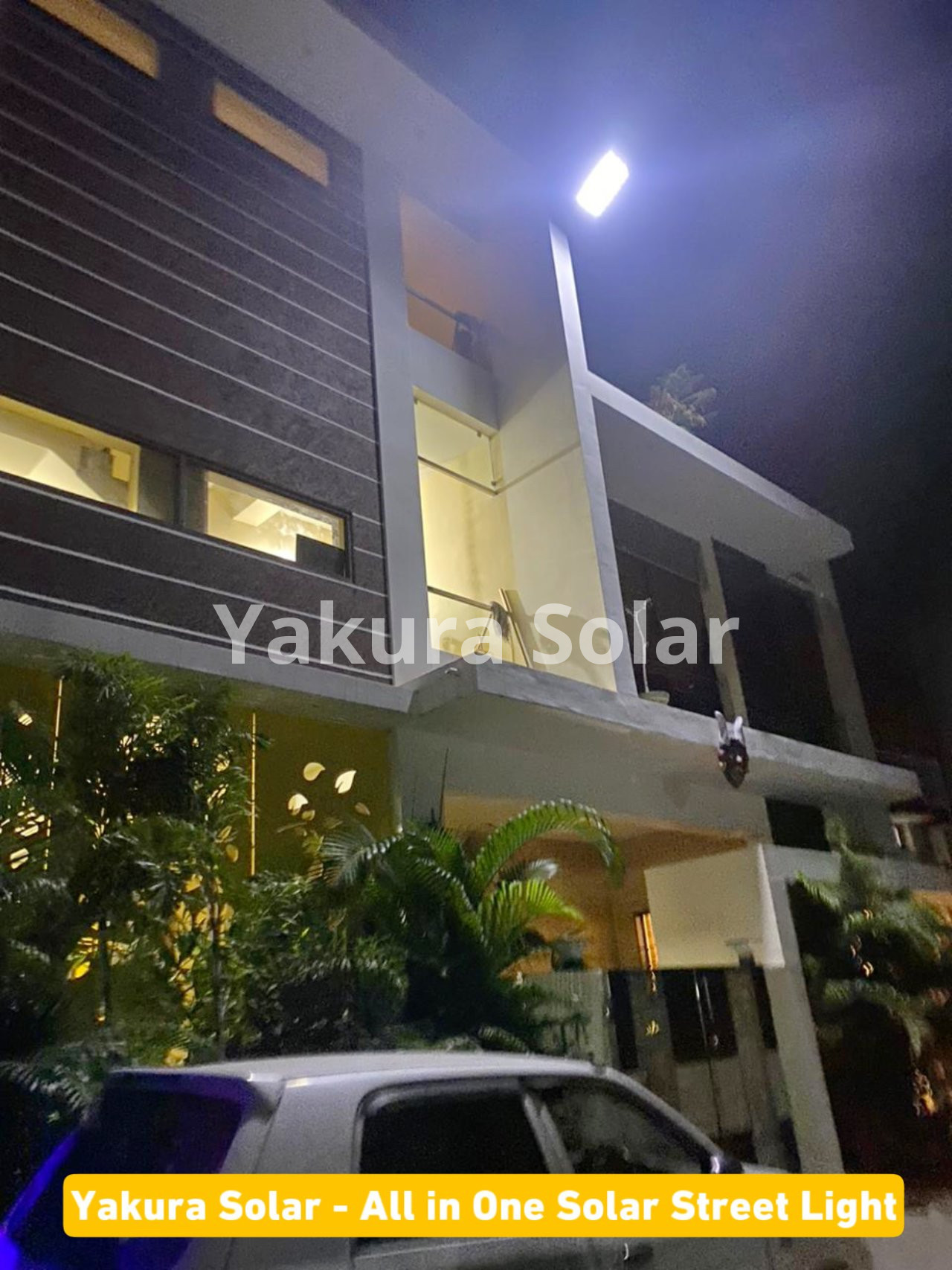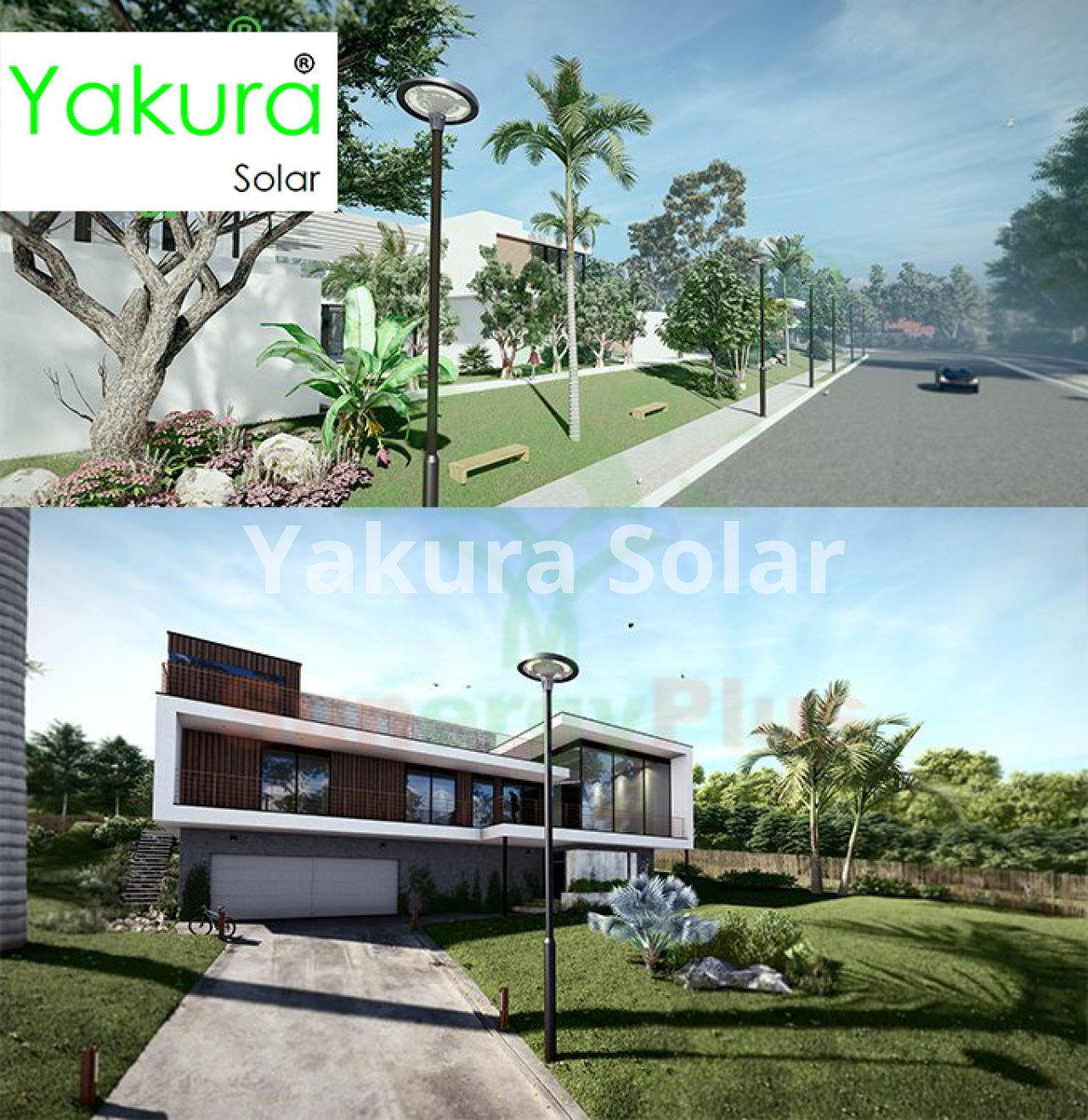YAKURA SOLAR - Solar for Residential
Solar power for residential use involves harnessing energy from the sun to generate electricity for homes. It's a sustainable and environmentally friendly way to power your residence. Here's a brief overview of solar for residential purposes:

Components of a Residential Solar System:
-
Solar Panels (Photovoltaic Cells): These panels convert sunlight into electricity. They are typically installed on the roof of a house or on a ground-mounted structure.
-
Inverter: Solar panels produce direct current (DC) electricity, but homes use alternating current (AC). The inverter converts DC into AC, making it compatible with household appliances.
-
Mounting and Racking System: This provides a stable structure for the solar panels, either on the roof or on the ground.
-
Battery Storage (Optional): Some homeowners choose to install batteries to store excess energy generated during the day for use during nighttime or periods of low sunlight.
-
Monitoring System: This allows homeowners to track the performance of their solar system, monitor energy production, and identify any issues promptly.

Process of Installing Residential Solar:
-
Site Assessment: A solar provider assesses your home's location, orientation, and shading to determine the system size and efficiency.
-
System Design: Based on the assessment, the solar provider designs a system tailored to your energy needs.
-
Permitting: The installation may require permits from local authorities. The solar provider often handles this part of the process.
-
Installation: The solar panels and associated components are installed on your property.
-
Inspection and Approval: After installation, the system is inspected to ensure it meets local regulations and safety standards.
-
Connection to the Grid: In many cases, residential solar systems are grid-tied. Excess energy can be fed back into the grid, and the homeowner can draw power from the grid when needed.

Benefits of Residential Solar:
-
Reduced Electricity Bills: Solar panels can significantly reduce or even eliminate your monthly electricity bills.
-
Environmentally Friendly: Solar power is a clean and renewable energy source, reducing your carbon footprint.
-
Increased Home Value: Homes with solar installations often have higher resale values.
-
Government Incentives: Many governments offer incentives, tax credits, or rebates to encourage residential solar adoption.
-
Energy Independence: Generate your own power and reduce reliance on external energy sources.